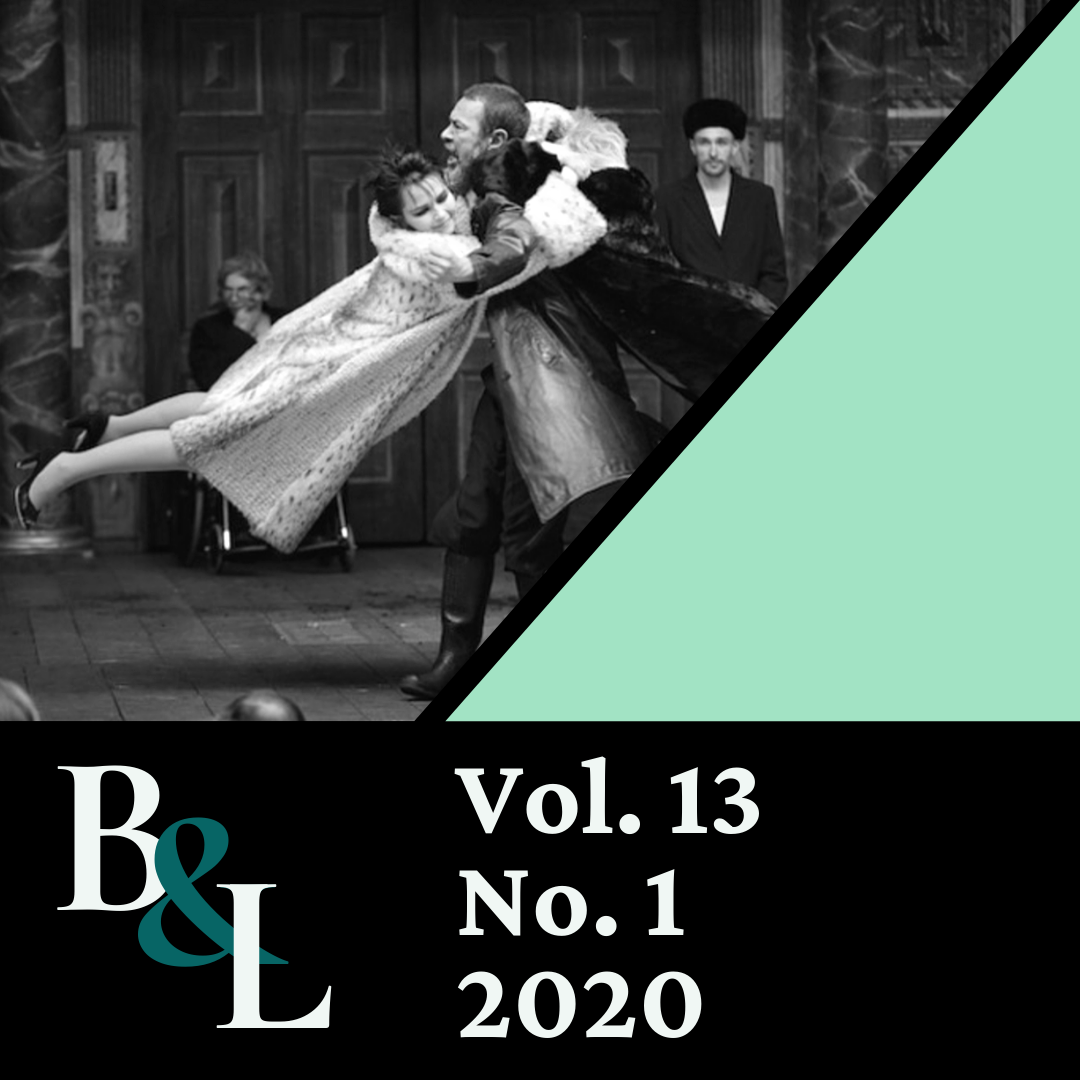Shakespeare's Hand, or "the strangers' case"
Remediating Sir Thomas More in the context of the Refugee Crisis
Abstract
Among the literary and artistic responses to the contemporary humanitarian crisis of refuge is Sir Thomas More, the late Elizabethan play that Shakespeare had a hand in and in which the protagonist offers a powerful articulation of "the strangers' case." It is the modern uses of this speech that this article focuses on, in particular on digital platforms, and as a response to the contemporary refugee crisis and discourses about migrants. Notable uses of the speech include Ian McKellen's recitations and their remediation on Twitter (with the hashtag #strangerscase) and YouTube (McKellen 2010); the Bell Shakespeare Company, who produced a video featuring "new arrivals to Australia" (Change Media 2011); Stephen Greenblatt's inclusion of it to suggest that Shakespeare is a "cure for xenophobia" (Greenblatt 2017); the Shakespeare Association of America (James 2017), which cited More's words in reaction to Trump's travel ban; and a series of events at Shakespeare's Globe to mark international refugee week (@The_Globe 2018). Tracking such examples, the article employs theories of remediation and of media flow to examine critically how the More speech, that itself imagines flows of people, circulates as a digital object online, be it in the form of the tweet hashtag #strangerscase, or a YouTube video. It also makes use of the digital affordances of Borrowers and Lenders, embedding links and samples to construct a digital archive of the speech's remediation and circulation. These iterations draw Shakespeare, long imagined as a type of transnational traveller, into urgent ethical questions about borders, displaced peoples, and responsibility to the Other, as More's empathetic plea comes to function synecdochally for Shakespeare, the "Hand D" of the play's collaborative authorship. The article explores how a dismembered Bard returns through processes of remediation in digital settings, where unseen or nonhuman agents are increasingly constitutive of the thing we call "Shakespeare." The article deliberately avoids rehearsing familiar debates about Shakespeare's cultural value, however, to address instead the challenges and also the possibilities of applying Shakespeare to humanitarian crises. I suggest that the remediated More / Shakespeare constitute spaces where values of empathy, tolerance, and diversity can find articulation.


